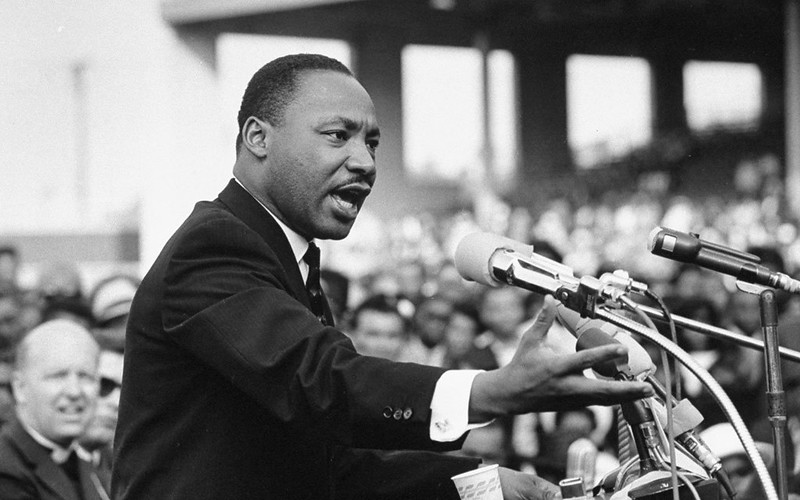By Kelsey Corley, Student Editor of The Kayseean
Last Monday, the US celebrated Martin Luther King Jr.’s life and legacy and his fight for the political, social, and economic equality of African Americans. This struggle still continues to this day. As part of that celebration, let’s look at some lesser-known details of Dr. King that may have been skipped over in your history classes.
First, MLK Day itself was not regarded as a national holiday by the federal government until 1983. This feat was accomplished after no small amount of campaigning by the King Center and such notable figures as Ted Kennedy, Stevie Wonder, and even the NFL. The motion began just days after Dr. King’s assassination. It was finally adopted by all 50 states in 2000 and celebrated its 21st year as a nation-wide holiday.

One of Dr. King’s most recognizable contributions to the Civil Rights Movement was his famous “I Have a Dream” speech following the March on Washington in 1963, in which over 250,000 people participated. However, most people are unaware that there were several speakers at the Lincoln memorial, including Roy Wilkins, the president of the NAACP, and Daisy Lee Bates, a journalist and civil rights veteran. Dr. King agreed to speak last, a position which no other speaker wanted, as it tended to be the least covered by the press.
Instead, he would give one of the most famous speeches in modern history, with the most well-known phrase from the address was improvised. “I have a dream” had not been a planned part of his oration that day but was encouraged by singer Mahalia Jackson, who had performed just before Dr. King was to speak. As he went up to the podium, Jackson asked, “Tell them about the dream Martin.”
While Dr. King is perhaps best known for his message of non-violent resistance, he stated his understanding of riots and violent protest as a reaction to persisting injustice. Though, no one can describe his views better than Dr. King himself. Following is an excerpt from his “The Other America” speech given at Stanford University in 1967.
“Certain conditions continue to exist in our society, which must be condemned as vigorously as we condemn riots. But in the final analysis, a riot is the language of the unheard. And what is it that America has failed to hear? . . . It has failed to hear that the promises of freedom and justice have not been met. And it has failed to hear that large segments of white society are more concerned about tranquility and the status quo than about justice, equality, and humanity. And so in a real sense our nation’s summers of riots are caused by our nation’s winters of delay.”
For More Information, visit the King Center at HERE, or watch Dr. King’s famous speeches, “I Have a Dream” on Youtube HERE and “The Other America” speech on Youtube HERE.
